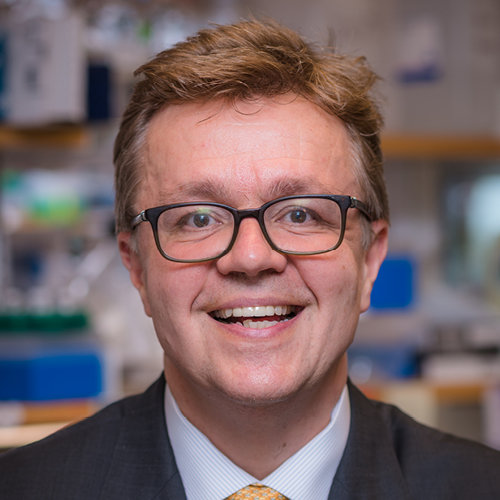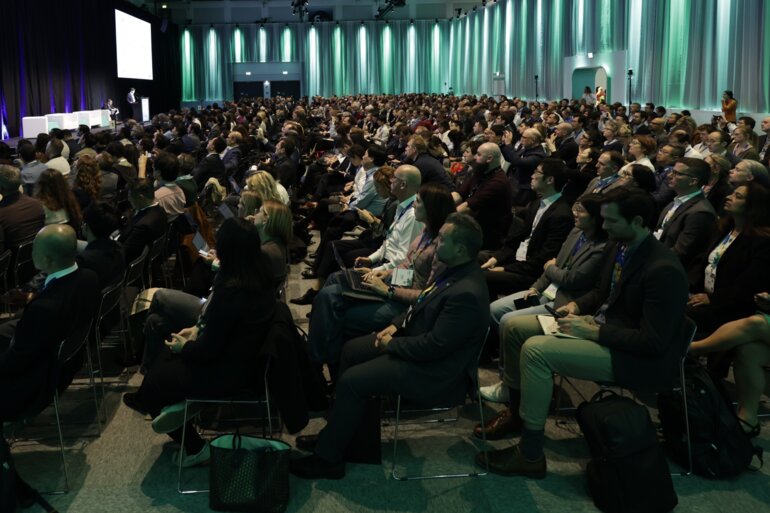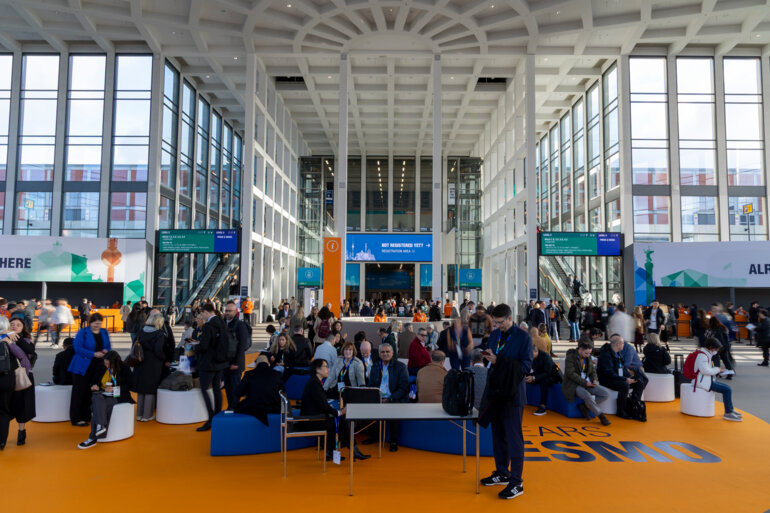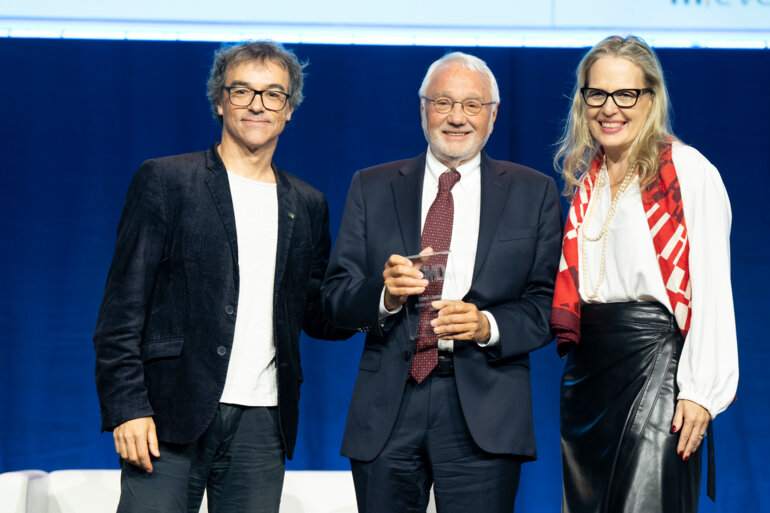Advances made in the treatment of advanced lung cancer are now being introduced at earlier stages of disease
As a lung cancer research community, we have seen greater improvements in survival over the last few years than in previous decades, especially in the advanced-disease setting where most of our efforts have focussed on developing targeted and immune therapies. But how can we continue to improve outcomes for our patients?
We have had success in genotype-directed therapies for advanced lung cancer – there are now nine genetic alterations that are matched to targeted therapies – but we still use single agents in most patients, and the next phase will be to develop combination therapies in a rational way. A key question relates to which patients benefit most from combination therapy, with some patients responding well to a single targeted therapy for many years and others not responding initially or acquiring resistance. This response, or lack of it, appears to be unrelated to the specific genetic alteration but may be the result of the setting in which that alteration lies or the individual tumour’s ability to adapt to treatment. Developing a risk-stratification strategy may well be the way forward – we will assess the patient’s genetic alteration and whether they have good or poor response risk features, then this will determine if the patient receives a single agent or more intensified treatment.
Another rapidly evolving area is the idea of treating the cancer before it becomes resistant.
Patients can have dramatic initial treatment responses, but the cancer may not disappear and it remains as a residual tumour. We know that the residual tumour is where disease progression happens and is the nidus of resistance development. Instead of waiting for resistance to occur, we could intervene at this intermediate stage and either prevent residual disease developing or focus on treating it specifically. In this way, I think we can extend the benefits of our current therapies and have further impact on long-term outcomes. However, we need a greater understanding of residual disease and its components before we can design strategies to target it. This is a key subject within translational research, along with identifying new oncogenic drivers and resistance mechanisms.
As a research community, we have focussed on developing targeted and immune therapies for advanced lung cancer, but we are now seeing many of these advances being introduced at earlier stages of the disease where the goal for more individuals is cure. Approved therapies, both targeted and immunotherapies, are being used in the adjuvant setting, with testing of multiple other new treatments underway. In addition, we are now figuring out the best therapies to use before surgery, in the neoadjuvant setting. We are on the cusp of understanding how to treat cancer earlier and I think there will be much more work on this over the coming years.
Lung cancer treatment has come such a long way, and by exploring these additional areas, I think there is hope for continued progress.
Don't miss:
Lung cancer in 2030. European Lung Cancer Congress 2022
Keynote Lecture, 01.04.2022, h. 12:10 – 12:40, Congress Hall







